Faith leaders, under the Inter-Religious Council of Kenya (IRCK) led by Rev. Father Joseph Mutie, have been holding advocacy sensitization workshops across the country in advocating against child and forced marriages using faith guidelines for Religious leaders.
Kenya is one of few countries around the world to explicitly prohibit the marriage of children under the age of 18 without exception.
However, gaps in the legal framework still exist. For example, forced marriage is not sufficiently criminalised as a distinct offence under the Marriage Act, 2014: Article 89 does not cover all cases where consent has not been given, and only applies to parties to the marriage.
According to IRCK, many communities continue to practice child and forced marriage in Kenya, despite the negative social and health outcomes it causes, hence the need to join hands and sensitize communities to end the vice.
Among the drives of child and forced marriages that have been identified in Kenya include; poverty, low social and economic value placed on girls, lack of education, patriarchal norms, and stigma.
Read More
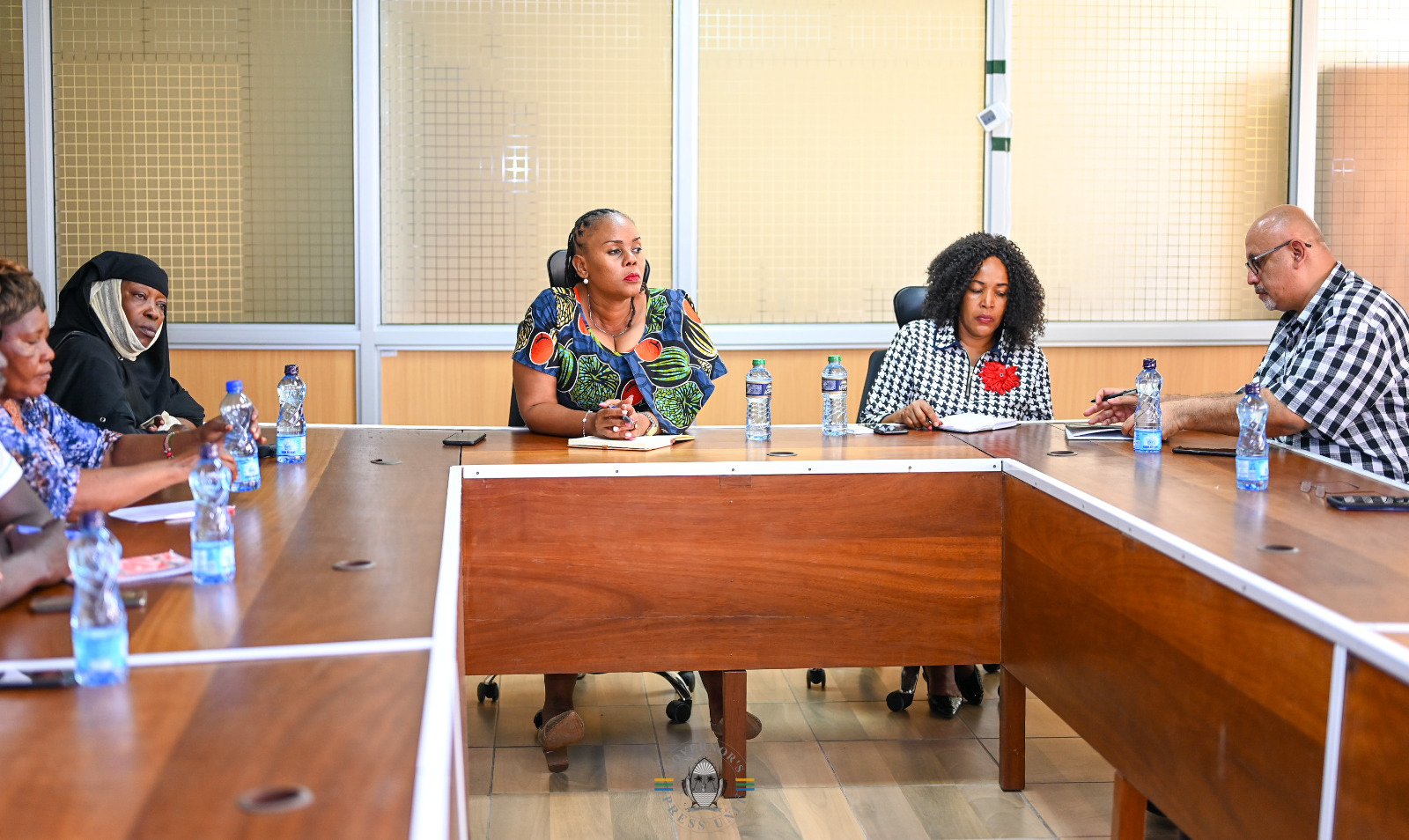
During a recent visit by religious leaders to Kilifi County, Flora Mbetsa Chibule, the deputy governor disclosed that they had moved from 33% to 17% in child marriage due to the involvement of faith leaders in the County.
It highlighted the need for a multisectoral approach to tackle child marriage in the country considering Kenya has committed to end the vice in line with Sustainable Development Goals (SDGs) 2030.
Religious leaders raised concerns over the negative impacts of child marriage noting that it denies individuals and society an opportunity to meaningfully engage in economic, spiritual, and social endeavours.
In order to eradicate the vice in Kenya, Faith leaders are calling on the Kenyan government to amend the Marriage Act, 2014 to explicitly criminalise the act of forcing someone who does not consent to marry, regardless of age.
In addition to sensitization and advocacy campaigns on child and forced marriages in their communities, religious leaders have committed to work with the government to strengthen the response to forced and child marriage.
Faith leaders have also agreed to create a safe space where concerned people and potential victims/survivors feel comfortable reaching out.
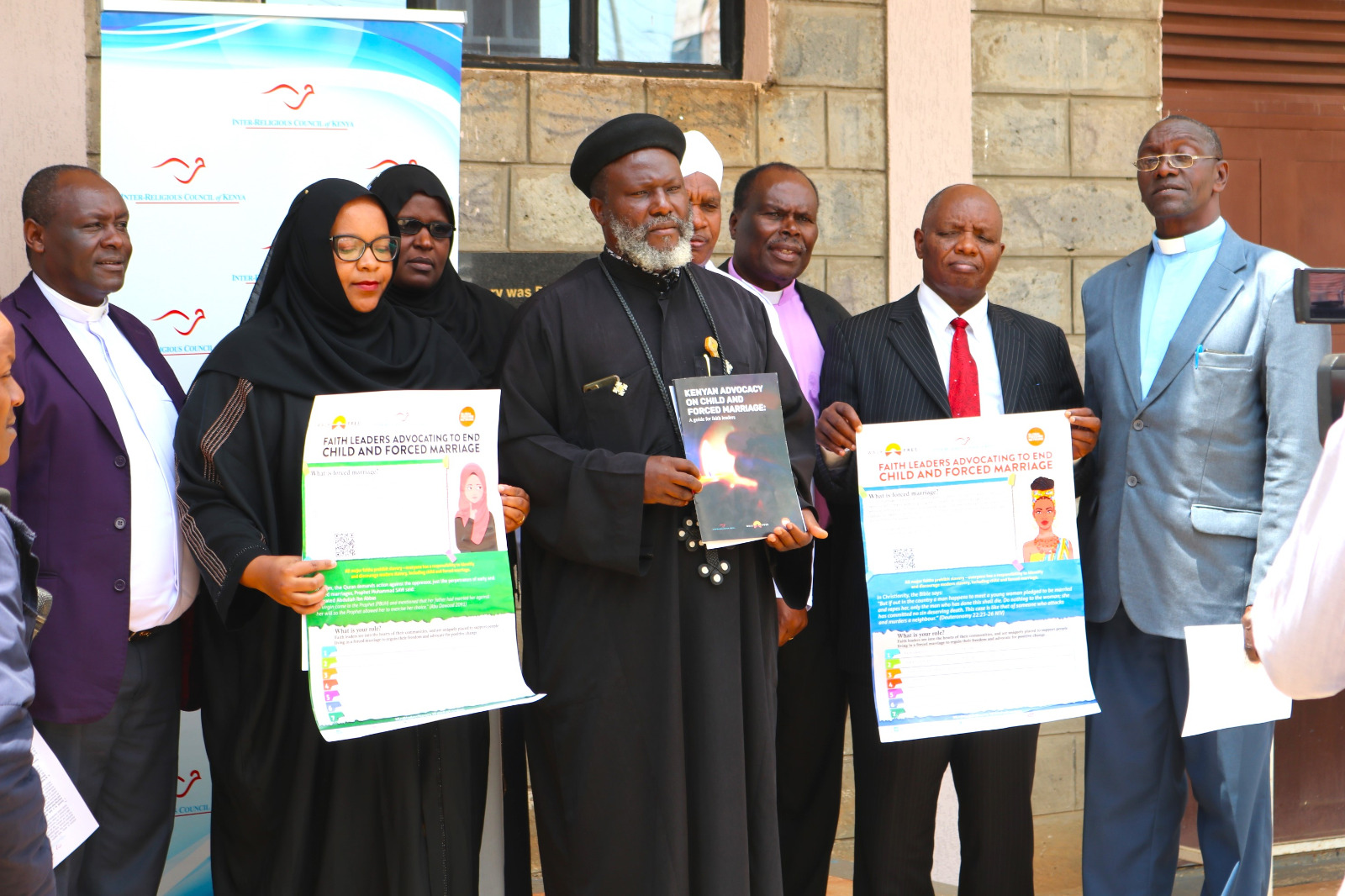
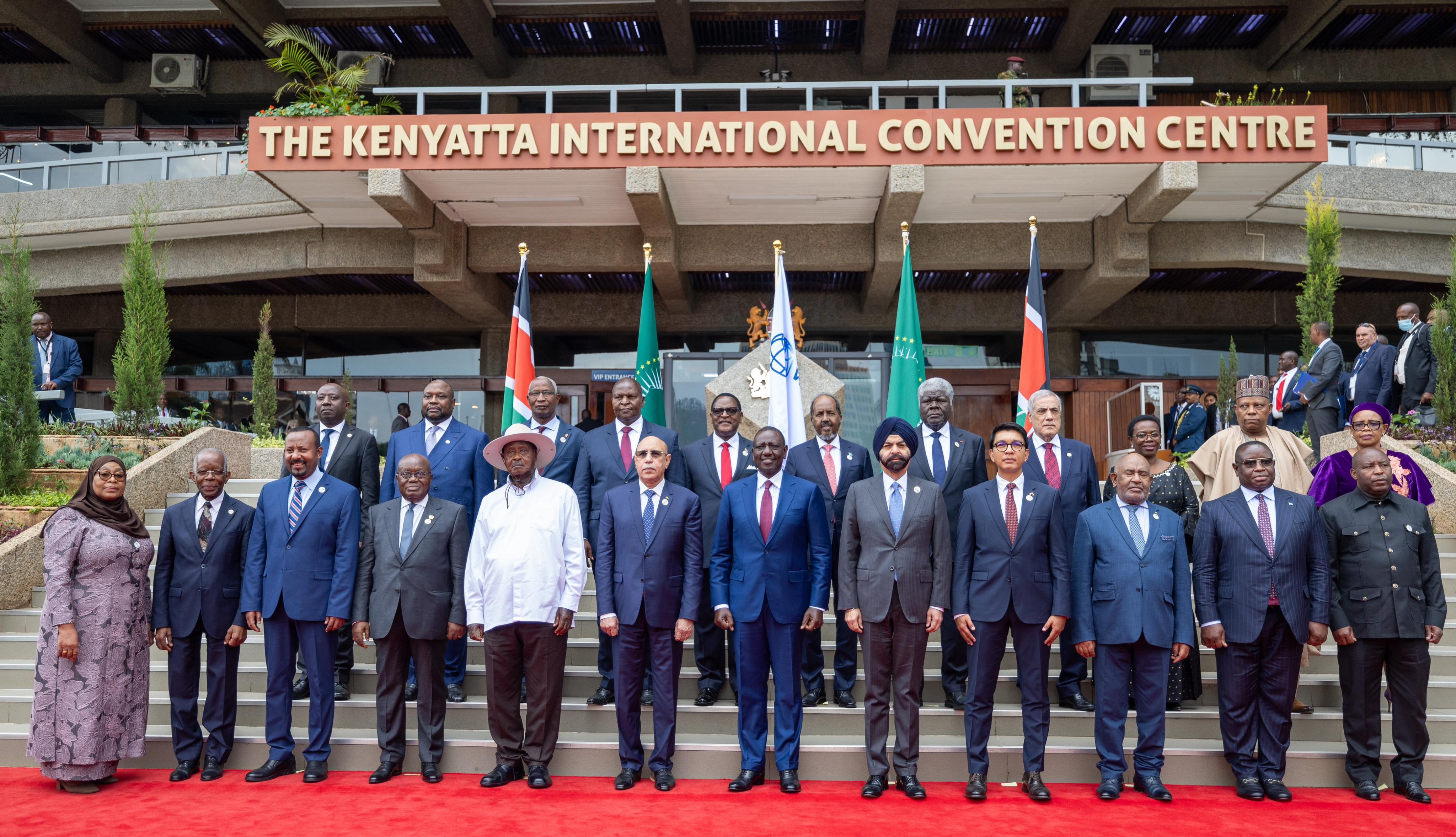
-1714391183.jpg)

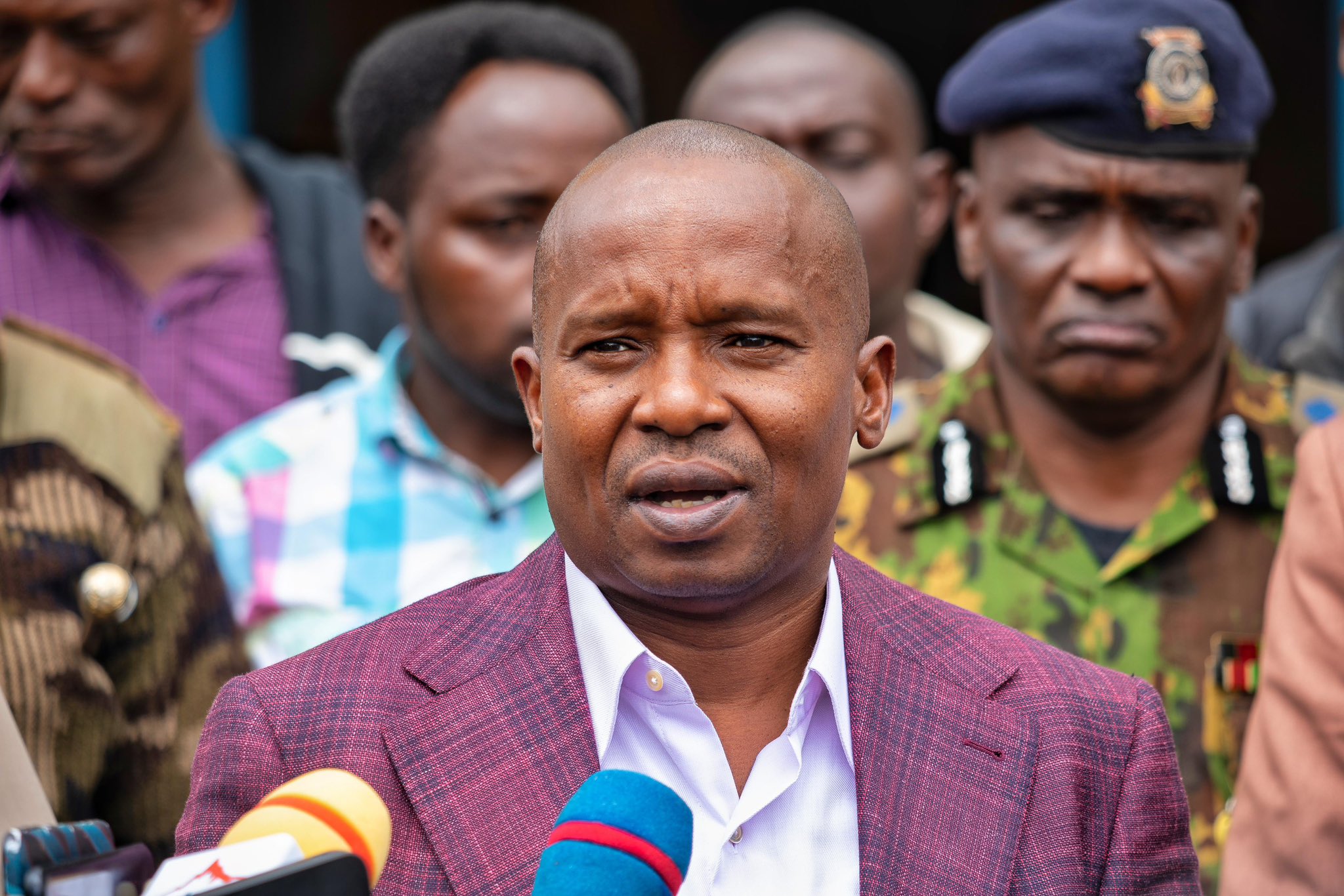
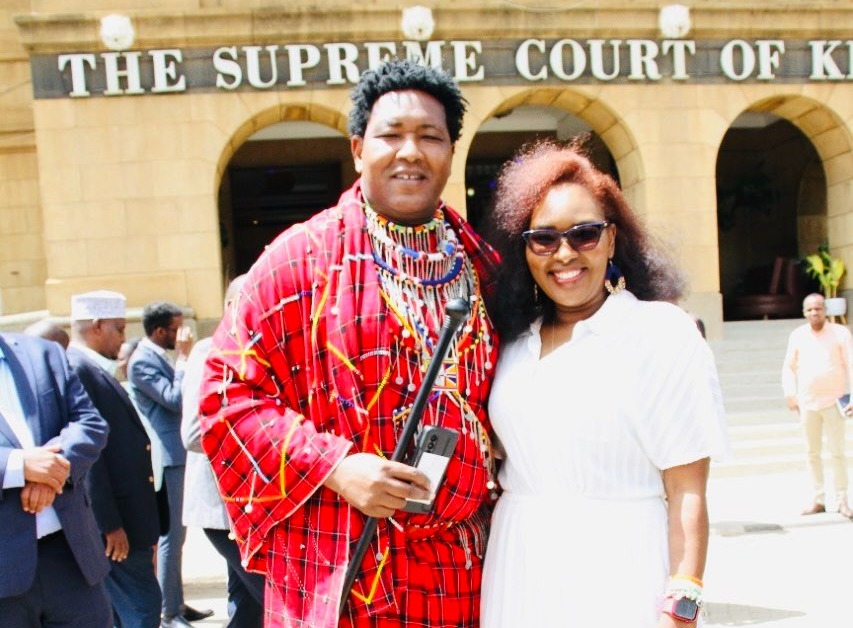
-1714379887.jpeg)